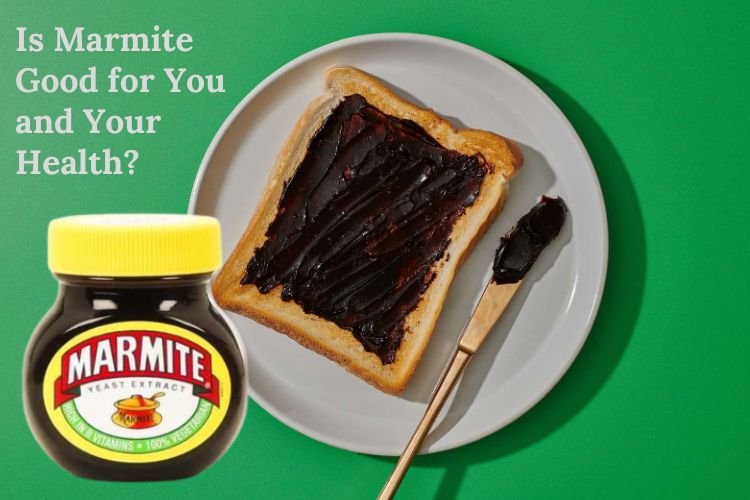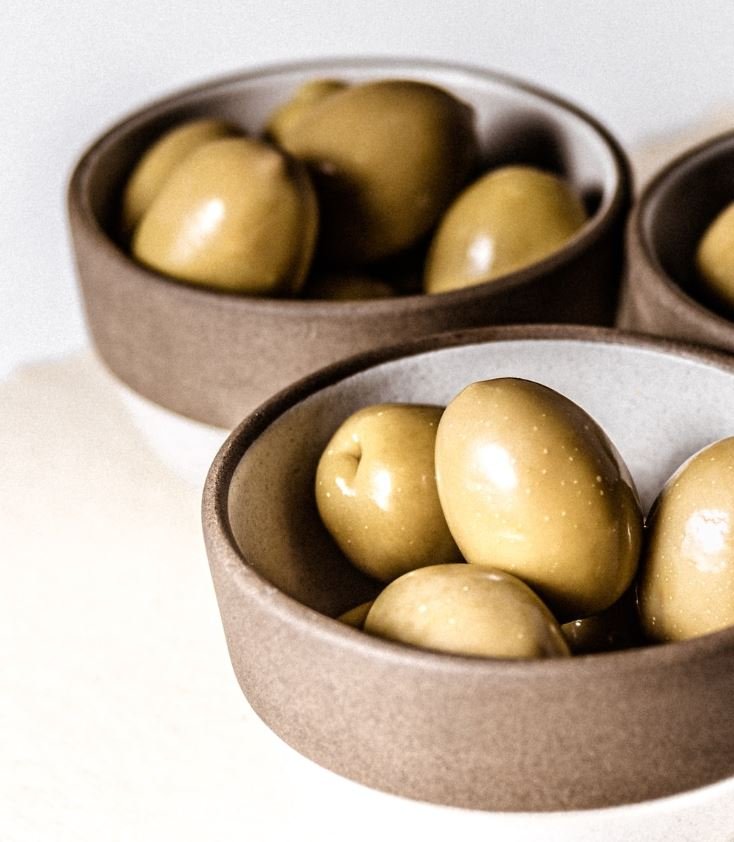
Marmite, the yeast extract spread that people either love or hate has been a source of discussion for a long time. People either love it or hate it, but one thing is for sure: it has sparked a lot of talk about the pros and cons of health. So, let’s learn more about Marmite and see if it really is good for you and your health.
What is Marmite?
Origins
Marmite is a British spread made from yeast extract, which is a waste product from making beer. It was first made by the Marmite Food Company in 1902, and since then, people have been loyal fans of its unique taste.
Ingredients
Marmite’s main ingredient is yeast extract, which is full of proteins, vitamins, and minerals. It also has added vitamins like B vitamins and a small bit of salt to make it taste better.
Marmite 250g Single Pack
Health Benefits of Marmite
Vitamins and Minerals
Marmite is a great source of B vitamins like thiamine (B1), riboflavin (B2), niacin (B3), folic acid (B9), and vitamin B12. These vitamins are very important for making energy, making red blood cells, and keeping the brain system healthy. Marmite is also a good source of potassium, calcium, and magnesium, which are all important minerals.
Antioxidant Properties
Marmite has many antioxidants, including glutathione, which helps protect cells from oxidative stress and improves general health.
Benefits for Vegans and Vegetarians
Since Marmite gets its vitamin B12 from plants, it is especially good for vegans and vegetarians who may find it hard to get enough of this nutrient from other foods.
Mental Health Benefits
Researchers think that the B vitamins in Marmite may help make people feel better and less anxious or depressed. Folic acid and vitamin B12 have been linked to better mental health in particular.
Heart Health
Potassium, which is present in marmite, helps lower blood pressure and lowers the risk of heart disease.
Marmite Yeast Extract Tub 600g
Potential Drawbacks of Marmite
High Sodium Content
One of the biggest problems with Marmite is that it has a lot of salt in it. If you eat too much salt, it can raise your blood pressure and cause other health problems. When adding Marmite to your diet, watch how much sodium you take in generally.
Allergies and Sensitivities
Some people may be allergic to yeast or other things in Marmite or be sensitive to them. If you think you might be having a response, talk to a doctor or nurse.
Taste Preferences
Some people don’t like Marmite because of its strong, salty taste. There are other ways to get the same nutrients if you don’t like the taste.
Marmite 250g (3 Pack)
How to Incorporate Marmite into Your Diet
Serving Suggestions
If you want to start eating Marmite, start with a small amount and try giving it in different ways. You can put it thinly on toast, crackers, or sandwiches, or you can use it as a seasoning in soups, stews, and sauces.
Marmite Alternatives
If you don’t like the taste of Marmite, you can still get the benefits of yeast extract by trying Vegemite, a similar product from Australia, or nutritional yeast, which is made from inactive yeast that is high in B vitamins.
Conclusion
Marmite is good for your health in many ways. It has important vitamins, minerals, and antioxidants. It can be especially good for vegans, vegetarians, and people who want to improve their emotional and heart health. When adding it to your diet, you should think about its high sodium level and the fact that it might contain allergens. Marmite can be a healthy part of a balanced diet if you like the way it tastes.
Check out: Difference Between Steam Room and Sauna Health Benefits of Steam Room
FAQs
-
What does Marmite taste like?
The strong, spicy, and slightly salty taste of Marmite is often called “umami.” Some people love the way it tastes, while others don’t like it at all.
-
Is Marmite gluten-free?
Marmite is not gluten-free because it has wheat in it, which contains gluten. If you need an option that doesn’t have gluten, you could try the gluten-free version of Vegemite or nutritional yeast.
-
Can I cook with Marmite?
Yes, Marmite can be used to season soups, stews, and sauces, among other things. It gives your meals a savory, umami taste.
-
Is Marmite suitable for vegans and vegetarians?
Marmite can be eaten by both vegans and vegetarians because it is made from yeast extract and does not contain any ingredients that come from animals.
-
How should I store Marmite?
Marmite should be kept in a cool, dry place that is out of direct sunlight. Once the lid has been opened, make sure it is closed tightly to keep the food fresh.








